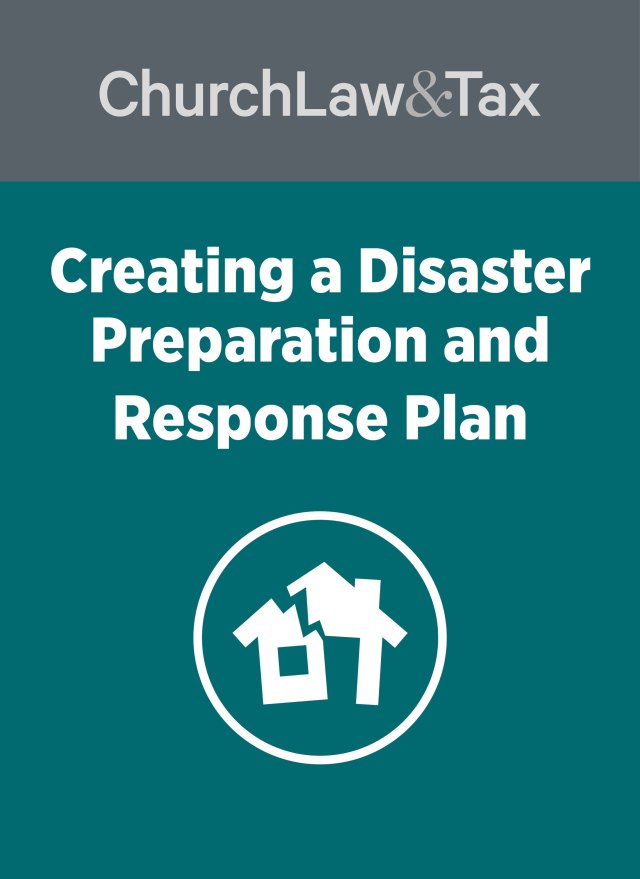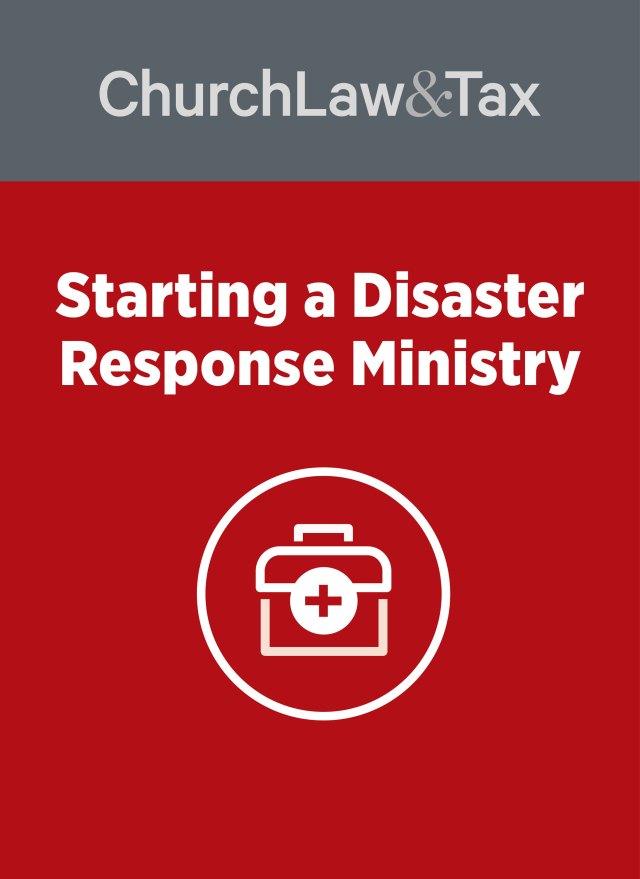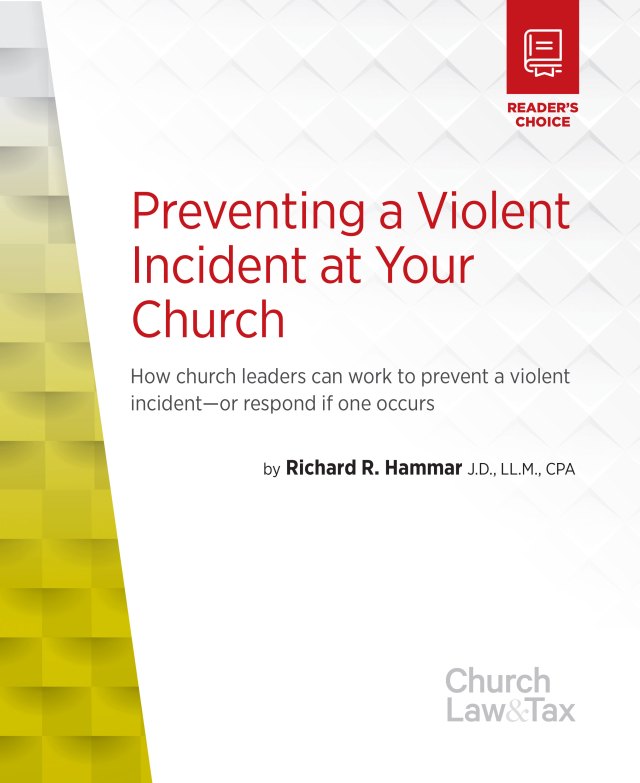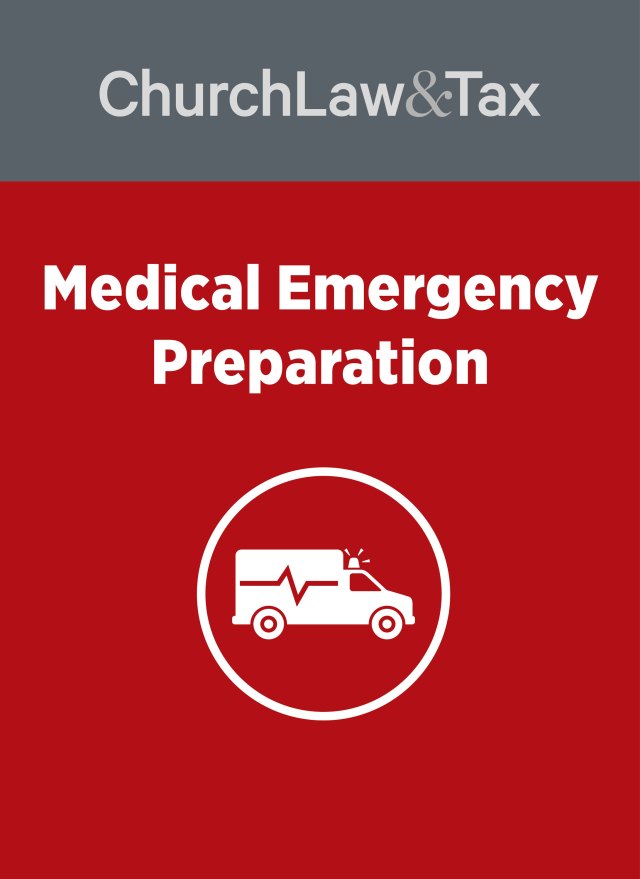The Centers for Disease Control (CDC) recently broadcast a call for church and community leaders who need to understand more about Ebola, the deadly virus that has claimed thousands in West Africa and now has made its way to the United States. The CDC covered several topics, including how to communicate about the virus and how best to provide aid to those affected. Below are important takeaways for church leaders:
- A person can only spread the disease if they have symptoms, such as fever or signs of illness.
- Ebola doesn’t spread through the air (it’s not “aerosol transmitted”).
- If people are in contact with the bodily fluids of a person who is actively ill—blood, urine, or diarrhea, for instance—a person could touch those substances and touch their own mucus membrane (eyes, mouth, small cut, or laceration), leading to infection.
- Past data about this disease indicate it is spread by direct contact, not through the air. Available data continues to support this.
The virus itself infects multiple organ systems in the body. Symptoms include: fever, severe headache, muscle pain, weakness, diarrhea, vomiting, abdominal pain, and hemorrhaging. It can cause stomach pain and nausea. People can’t support their blood pressure. It’s a body wide activity because the virus multiplies throughout the body. One thing clinicians have noted is that a person infected with Ebola has a lot of difficulty holding onto his or her bodily fluids. People can lose between 5 to 10 liters of fluids a day. There is a lot of potential for infectious waste being dispersed during this time.
The treatment for Ebola is mostly supportive. People receiving treatment are in intensive care, on IV fluids, on oxygen to help them breathe, and medicine to support their blood pressure. The idea is to help the person’s own immune system so that it can support itself. There aren’t well-known or good treatments for this infection—there are no antibiotics. There are a small number of experimental treatments available and the doctors aren’t sure if they work or if they’re safe. Sometimes it’s worth the risk to try it, but the care is usually supportive.
The CDC is doing a lot of work in this area. A good bit of effort is focused in Africa—there are hundreds of staff working in West Africa, and the CDC plans to send more. Genuine compassion is part of the reason these people are over there—public health and compassion, teaching about the disease, and so on. But there’s also a practical reason—by controlling the epidemic at its source, it’s less likely to come over and spread.
First, help decrease fear and educate people in the community on this infection. Second, decrease the stigma about the disease. In Dallas, the CDC needed to follow the contacts of people who the gentleman from Liberia came in contact with. Those individuals were afraid to leave their apartment because they were being followed and receiving threats. The CDC had to work with the community to reduce stigma and help people be compassionate. People are even being stigmatized because they appear to be from West Africa.
Also, build resilience in the community. Contribute to local networks and food banks. Get food from food banks for people who have been stigmatized. These charitable networks are helpful in any type of emergency.
Lastly, it’s important for church leaders to promote general good health. Promote basic public health efforts, like getting flu shots and washing hands. Tell people, “If you feel ill, stay at home—even if you have the flu or a stomach virus. It’s just better not to go out anywhere because you could possibly spread your disease to others.” This kind of encouragement can go a long way toward preventing the spread of any disease.
Travel Advice*
Many churches and organizations want to help by sending mission teams. However, this might not be wise. Liberia, Sierra Leone, and Guinea have all been labeled “Warning Level 3” by the CDC. The Congo has been labeled Level 2. Level 3 means churches and organizations should limit all nonessential travel to these areas. The current situation in Guinea, Sierra Leone, and Liberia is not only marked by the Ebola outbreak but also “instances of civil unrest and violence against aid workers [being] reported in West Africa as a result of the outbreak. The public health systems in the affected countries are being severely strained as the outbreak grows,” according to the CDC website. Travel at this time is not advised until the situation is better controlled.
Churches or organizations that still plan to travel to one of these locations should take precautions before, during, and after their trips to minimize risks:
- Only travel with authorized health organizations. The professional staff in these groups are not only trained to handle these situations, but also can help with trip preparation. Due to the high threat level surrounding these countries, travel restrictions are in place for not only entering, but also exiting. The health organizations can assist with arrivals and departures.
- See a travel medicine provider 4 to 6 weeks ahead of time. This visit will give trip participants the ability to make sure they are physically able to handle the stress as well as get all the required vaccines needed before they leave.
- Pack a health kit with over-the-counter medicines and alcohol-based sanitizer.
- Pack personal protection equipment (PPE). This includes masks, gloves, eye protection, and some kind of body covering. These things will help limit exposure to possible infection, since Ebola is spread through the direct contact of body fluids from an infected person showing symptoms.
- Make certain the organization coordinating the travel has established a plan for getting back to the United States if a team member somehow gets exposed to Ebola.
- Follow all infection prevention possible. Wash hands frequently with soap or an alcohol-based sanitizer. Properly dispose of all materials used to treat anyone carrying the symptoms of Ebola. Symptoms can appear up to three weeks after exposure to Ebola. Anyone who experiences these symptoms, or comes into unprotected contact with someone experiencing these systems, should immediately tell someone in the organization. Team members should monitor their health and those around them.
Upon returning to the United States, expect an extensive screening process to ensure no one is a contagious carrier of Ebola. Team members should see their doctors as soon as possible for a checkup and symptom monitoring once they return home.
*Note, we recommend that unless you are a professional medical expert with a notable aid organization, you stay out of the countries affected by Ebola.
More information on Ebola is available at cdc.gov. Learn more about liabilities churches face when sending people on trips in the September/October 2014 issue of Church Law & Tax Report. Go deeper on how churches can promote good health in their congregations, especially during cold and flu season, check out Preparing Your Church for a Pandemic.





